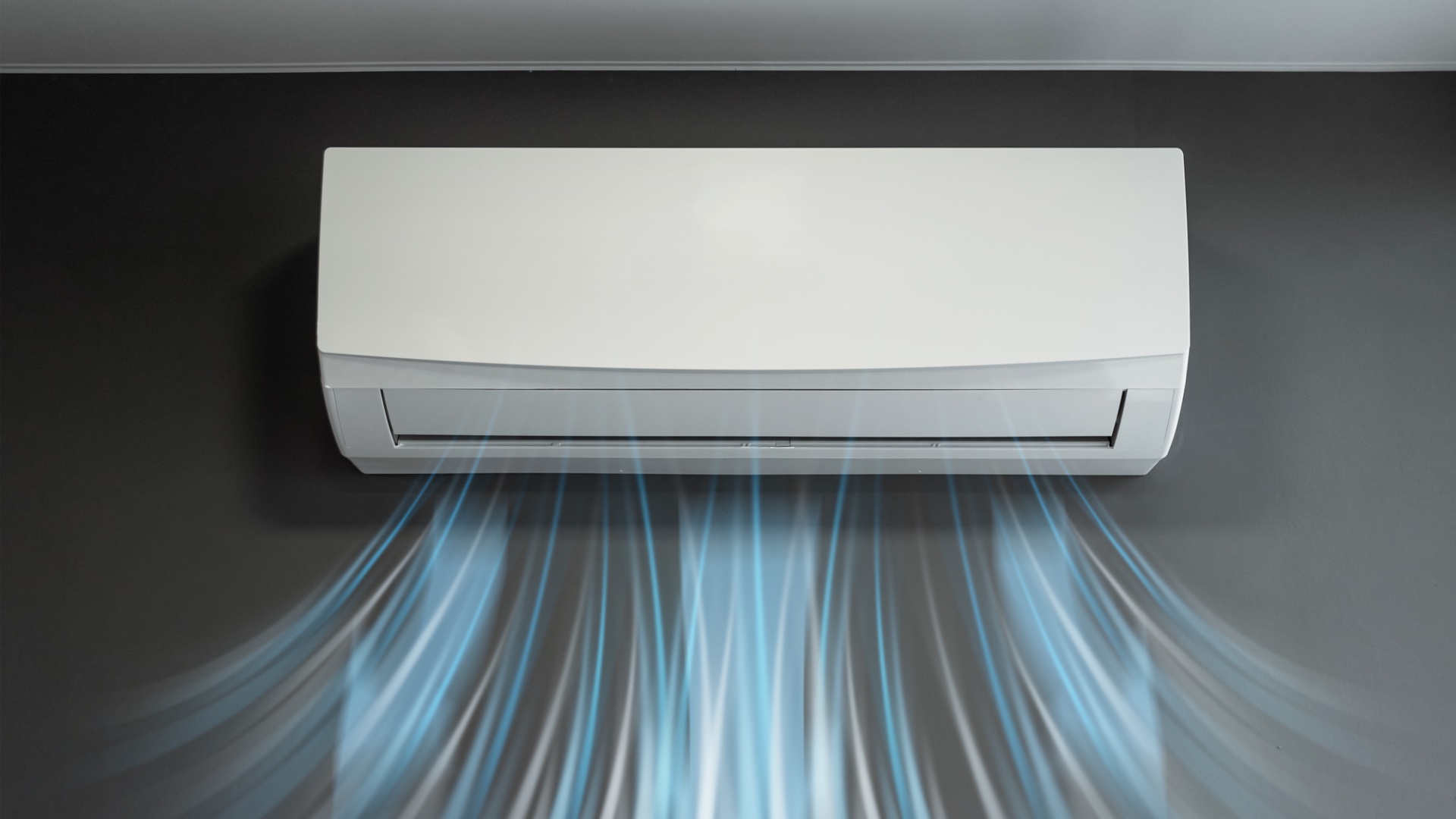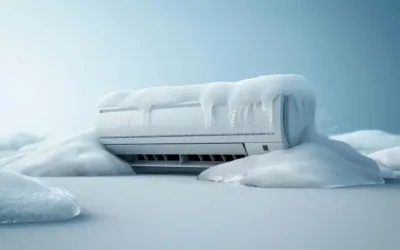As temperatures rise, the demand for efficient cooling solutions becomes paramount, especially in a country like Nepal where summers can be quite intense. Among the myriad of options available, choosing between inverter and non-inverter air conditioners can be a daunting task for Nepali homeowners and businesses. Both types of ACs come with their own set of advantages and disadvantages, influencing factors such as energy consumption, upfront costs, and maintenance. This article aims to provide an in-depth comparison of inverter vs non-inverter ACs, helping you make an informed decision that best fits your needs. Dive in to explore which type of AC in Nepal might be the most suitable for your home or commercial space, taking into consideration the AC price in Nepal and other crucial aspects.
Inverter vs Non Inverter AC
How They Work
Inverter air conditioners utilize a variable-speed compressor, which adjusts its speed based on the cooling demand. This allows the unit to maintain a constant temperature without frequently turning on and off. By modulating the compressor’s speed, inverter ACs are more energy-efficient and offer quieter operation.
On the other hand, non-inverter air conditioners operate at a fixed speed. The compressor turns on and off to maintain the desired temperature, leading to higher energy consumption and more noise. Non-inverter ACs are typically less expensive upfront but may result in higher electricity bills over time due to their less efficient operation.
Understanding these operational differences is crucial when evaluating the AC price in Nepal and determining which type best suits your cooling needs. This functional distinction plays a significant role in both the performance and cost-effectiveness of the air conditioning unit.
Energy Efficiency Comparison
Energy efficiency is a critical factor when choosing between inverter and non-inverter ACs, especially given the rising electricity costs in Nepal. Inverter ACs are generally more energy-efficient because they adjust the compressor’s speed to match the cooling demand. This dynamic adjustment leads to less energy wastage and can significantly reduce electricity bills over time.
Non-inverter ACs, however, operate at a constant speed, causing the compressor to frequently turn on and off. This cycling process consumes more electricity, making non-inverter units less efficient. Although the initial AC price in Nepal for non-inverter models may be lower, the ongoing energy costs can add up, making them more expensive in the long run.
For Nepali homeowners and businesses looking to minimize their energy consumption, inverter ACs offer a more sustainable and cost-effective solution. Their superior energy efficiency can lead to long-term savings, outweighing the higher upfront cost.
Advantages and Disadvantages
Pros of Inverter AC
Inverter air conditioners offer several advantages that make them a compelling choice for Nepali homes and businesses. One of the primary benefits is their energy efficiency. By adjusting the compressor speed to match cooling needs, inverter ACs consume less electricity, leading to significant savings on energy bills over time.
Another advantage is the consistent temperature control. Inverter ACs maintain a stable room temperature without the fluctuations common in non-inverter models. This results in a more comfortable living or working environment.
Additionally, inverter ACs are quieter. The variable-speed operation reduces the noise level, making them ideal for spaces where tranquility is important, such as bedrooms and offices.
Lastly, inverter ACs tend to have a longer lifespan due to the reduced wear and tear on the compressor. This longevity can offset the higher initial AC price in Nepal, making inverter ACs a cost-effective long-term investment.
Cons of Inverter AC
Despite their many advantages, inverter air conditioners also have some drawbacks that Nepali homeowners and businesses should consider. One of the primary disadvantages is the higher upfront cost. Inverter ACs generally have a steeper initial AC price in Nepal compared to non-inverter models, which can be a barrier for budget-conscious buyers.
Another downside is the complexity of maintenance. Inverter ACs have more sophisticated technology, which means that repairs and servicing can be more complicated and expensive. Finding skilled technicians familiar with inverter systems can also be challenging in some areas.
Additionally, while inverter ACs are more energy-efficient, their performance can be impacted by frequent power fluctuations, which are common in Nepal. Voltage stabilizers or uninterrupted power supplies (UPS) may be necessary to protect the unit, adding to the overall cost.
Considering these factors is crucial when evaluating whether an inverter AC is the right choice for your specific needs and budget.
Pros of Non Inverter AC
Non-inverter air conditioners come with their own set of advantages that appeal to certain homeowners and businesses in Nepal. One of the most significant benefits is the lower initial cost. The AC price in Nepal for non-inverter models is generally more affordable, making them a popular choice for those on a tight budget.
Another advantage is the simplicity of the technology. Non-inverter ACs have a straightforward design with fewer electronic components, which makes them easier and less expensive to repair. This can be particularly beneficial in areas where access to specialized technicians is limited.
Additionally, non-inverter ACs can be effective in smaller spaces or environments where the cooling demand is relatively constant. The fixed-speed operation can quickly bring down the temperature, providing immediate relief from the heat.
These factors make non-inverter ACs a viable option for those looking for a cost-effective and straightforward cooling solution in Nepal.
Cons of Non Inverter AC
While non-inverter air conditioners offer some advantages, they also have several downsides that Nepali homeowners and businesses should consider. One significant drawback is their energy inefficiency. Since non-inverter ACs operate at a fixed speed, the compressor frequently turns on and off to maintain the desired temperature. This cycling process consumes more electricity, leading to higher energy bills.
Another disadvantage is the inconsistent temperature control. The frequent on-off cycles can cause noticeable fluctuations in room temperature, making it harder to maintain a consistently comfortable environment.
Additionally, non-inverter ACs tend to be noisier due to the constant starting and stopping of the compressor. This can be disruptive, particularly in quiet spaces like bedrooms or offices.
Over time, the higher operational costs and less efficient performance can offset the lower initial AC price in Nepal, making non-inverter models less cost-effective in the long run. These factors are crucial to consider when evaluating your cooling needs.













